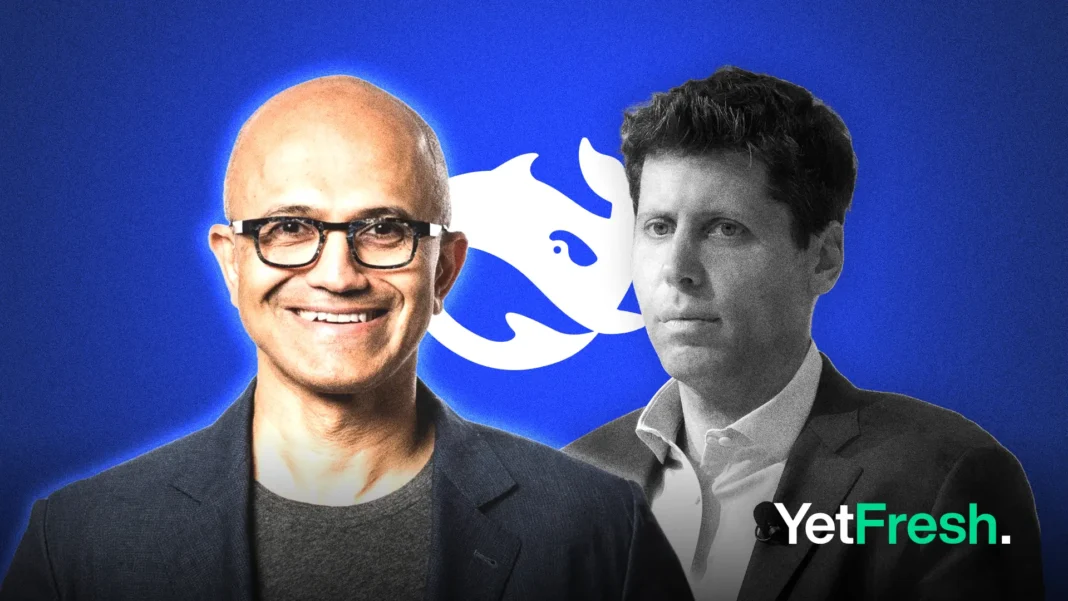Summary:
- Microsoft integrates DeepSeek’s R1 AI reasoning model into Azure AI Foundry for enterprise use, despite ongoing probes into potential data misuse by DeepSeek involving OpenAI’s API in late 2024.
- The Azure-hosted R1 version underwent security evaluations and “red teaming,” with plans to deploy lightweight variants on Copilot+ PCs for local AI processing.
- The partnership raises ethical concerns as Microsoft simultaneously investigates DeepSeek’s data practices while expanding AI collaborations, despite R1’s documented 83% inaccuracy rate in news-related queries and 85% refusal rate on China topics.
- Microsoft positions Azure AI Foundry as a comprehensive corporate AI hub, prioritizing infrastructure expansion over addressing censorship and accuracy limitations in third-party models like R1.
Microsoft has added DeepSeek’s R1 AI model to its Azure AI Foundry service despite ongoing concerns about the Chinese company’s data practices, marking a strategic expansion of its cloud-based artificial intelligence offerings. The announcement comes weeks after Microsoft reportedly alerted OpenAI about suspicious data transfers potentially involving DeepSeek’s use of OpenAI’s API in late 2024.
The Azure integration gives enterprise clients access to R1, which DeepSeek markets as a “reasoning model” optimized for complex problem-solving. Microsoft stated the version available through its platform has undergone “rigorous red teaming and safety evaluations” including automated behavior assessments and security reviews. Future plans include offering optimized R1 variants for local deployment on Copilot+ PCs, Microsoft’s AI-enhanced Windows hardware line.
The partnership raises questions about Microsoft’s AI governance, given its dual role as OpenAI’s largest investor and DeepSeek’s new cloud provider. Security researchers identified potential data exfiltration by DeepSeek last fall, prompting Microsoft to launch an internal probe. Bloomberg reports the Redmond-based tech giant notified OpenAI about these activities, though neither company has disclosed investigation results.
Performance concerns shadow the launch, with NewsGuard finding R1 produced inaccurate or evasive responses to 83% of news-related queries in recent testing. Separate analysis revealed the model refuses to answer 85% of China-related prompts, likely reflecting Beijing’s strict AI content controls. Microsoft’s blog post emphasized enterprise applications, stating “we’re excited to see how developers leverage R1 to tackle real-world challenges,” while avoiding direct commentary on censorship or accuracy issues.
The move highlights Microsoft’s aggressive AI infrastructure expansion amid growing competition in cloud services. Azure AI Foundry now hosts multiple third-party models alongside Microsoft’s proprietary systems, positioning the platform as a one-stop shop for corporate AI development. However, the DeepSeek integration tests Microsoft’s ability to balance innovation with responsible AI stewardship, particularly when partnering with firms operating under different regulatory regimes.
Source: Tech Crunch




